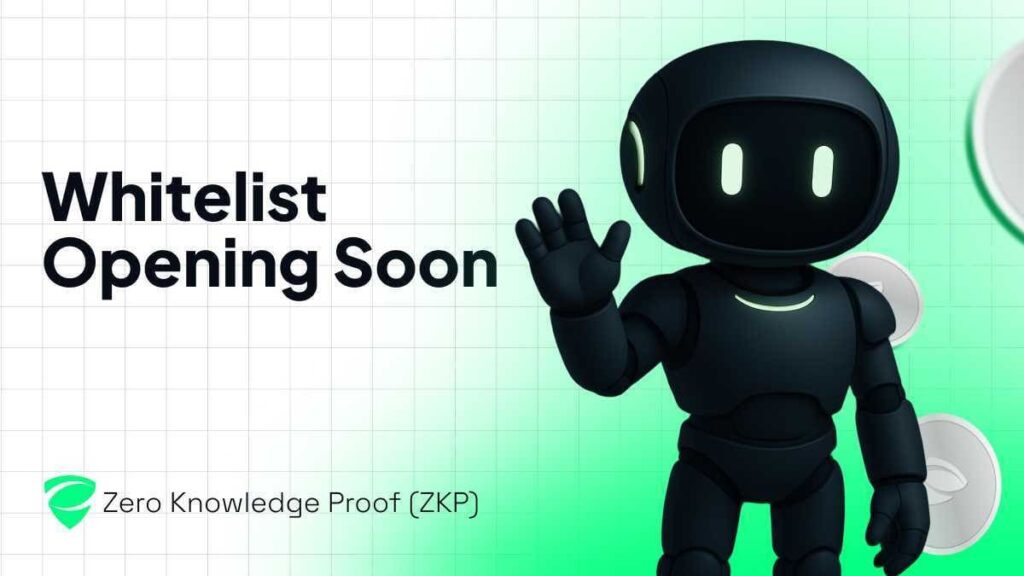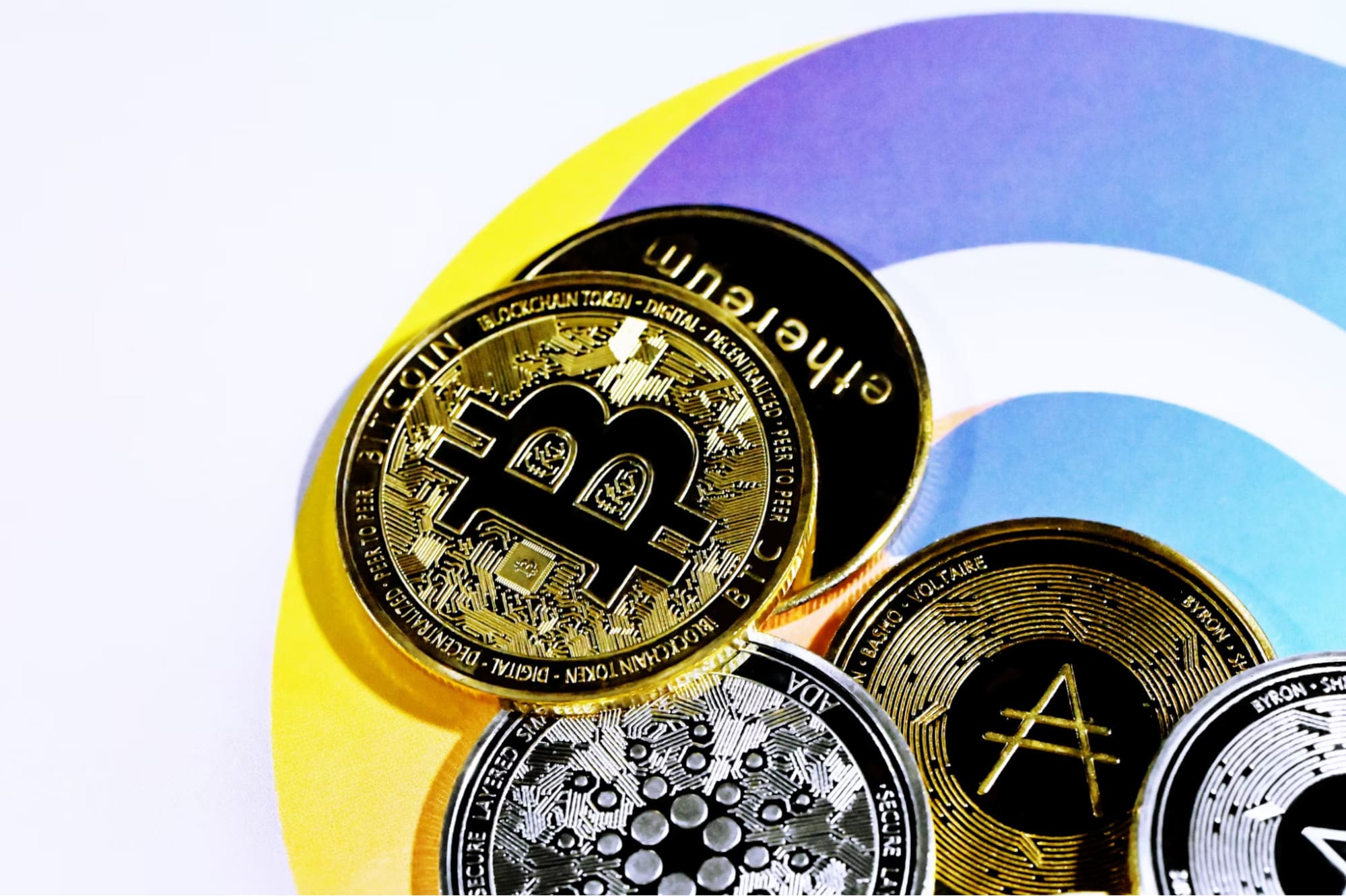When Bitcoin was born, it gave the world digital money without banks. But it also made something else public — every wallet, every transaction, every balance. Blockchains like Ethereum followed, and while they scaled programmable finance, they carried a similar trade-off: high transparency. In a world of data leaks, surveillance, and hacks, many users and businesses prefer stronger privacy protections than public ledgers provide by default.
One technical approach used to address this is Zero Knowledge Proof (ZKP) technology. In general terms, ZKPs aim to let someone prove a statement is true without revealing the underlying data. Some proponents describe this direction as “Privacy Coin 2.0”— a shift from standalone privacy networks toward privacy features that can be integrated into broader Web3 systems. Separately, a project branded “Zero Knowledge Proof (ZKP)” says it plans to open a whitelist ahead of a token sale.
Why Privacy Needed an Upgrade
The first wave of privacy-focused cryptocurrencies, such as Monero or Zcash, built ecosystems around private transactions. Those designs have faced adoption challenges in some markets, including scrutiny from regulators and exchanges. One recurring tension has been how to support privacy while still enabling forms of verification and oversight where required.
ZKP-based systems are often presented as one way to change that balance. Instead of creating separate blockchains solely for secrecy, ZKPs can be used to add privacy-preserving verification to existing systems. Commonly cited use cases include shielded transactions (validity can be proven without revealing all details), identity proofs (meeting conditions such as age or residency without sharing full documents), and compliance checks (showing certain rules were followed without disclosing entire datasets).
These approaches are generally positioned as privacy-preserving verification methods rather than “privacy at any cost.”
What Makes Zero Knowledge Proof Special
At its simplest, a ZKP lets someone prove “I know something” without showing what it is. The whitepaper describes this with the cave analogy: if you know the code to a locked door, you can prove it by exiting the correct side of the cave on request, without ever saying the code.
In blockchain terms, this can include:
- Proving a transaction is valid without revealing the full set of transaction details.
- Proving compliance with certain requirements without exposing complete records.
- Proving smart contracts executed correctly without requiring every intermediate step to be publicly replayed in full.
In practice, ZKP systems involve design trade-offs (including performance, complexity, and assumptions). Claims about security, scalability, or privacy depend on the specific implementation.
“Privacy Coin 2.0”: Beyond Anonymity
This is where the “Privacy Coin 2.0” framing is typically used: rather than positioning privacy solely as anonymity, ZKP-based projects often describe a balance of privacy with verifiable proofs.
ZKPs are used across several well-known projects and approaches, including Ethereum-oriented scaling systems and other protocols that use different proof constructions. These examples are not directly comparable in risk, maturity, or scope, but they illustrate that ZKP research and development is active across the ecosystem.
The project referenced above (branded “Zero Knowledge Proof (ZKP)”) says it is applying this theme to its own token and ecosystem. As described in its materials, it positions itself as distinct from earlier privacy coins and emphasizes compatibility with broader DeFi and compliance-oriented use cases. These are project-stated goals and should not be treated as outcomes.
The Ecosystem Context: Current Interest in ZKPs
Over the past several years, ZKPs have moved from research into production use in areas such as scaling, auditing, and privacy-preserving verification. Industry discussions have also included potential ZKP applications for topics like proof-of-reserves and selective disclosure.
Against that backdrop, the “Zero Knowledge Proof (ZKP)” project says it plans a whitelist process related to an upcoming token sale. Details such as eligibility rules, jurisdictions, and any identity checks typically depend on the project’s terms and applicable regulations.
The token sale and whitelist (project details)
According to the project’s website, the planned whitelist is intended to manage participation in an initial token distribution phase ahead of broader access. As with many token sales, specifics may include schedules, limits, and eligibility requirements.
- Access rules and eligibility may be outlined by the project, including geographic restrictions and identification requirements where applicable.
- Token distribution terms (such as supply, pricing, lockups, or vesting) may be described in project documentation.
- Risk factors can include smart-contract risk, execution risk, liquidity risk, regulatory risk, and the possibility that the project does not meet its stated milestones.
Readers considering any token sale should review primary documentation, understand the jurisdictional constraints, and treat marketing language and roadmap claims as non-binding unless independently verifiable.
The Future of Privacy, With Proof
Privacy technologies in crypto continue to evolve, and ZKPs are one of the main techniques being explored to support privacy-preserving verification. How widely these tools are adopted—and how they are implemented—depends on technical, regulatory, and market factors.
This article is for informational purposes only and does not constitute financial or investment advice.
This outlet is not affiliated with the project mentioned.
This article is for informational purposes only and does not constitute financial or investment advice. This outlet is not affiliated with the project mentioned.





